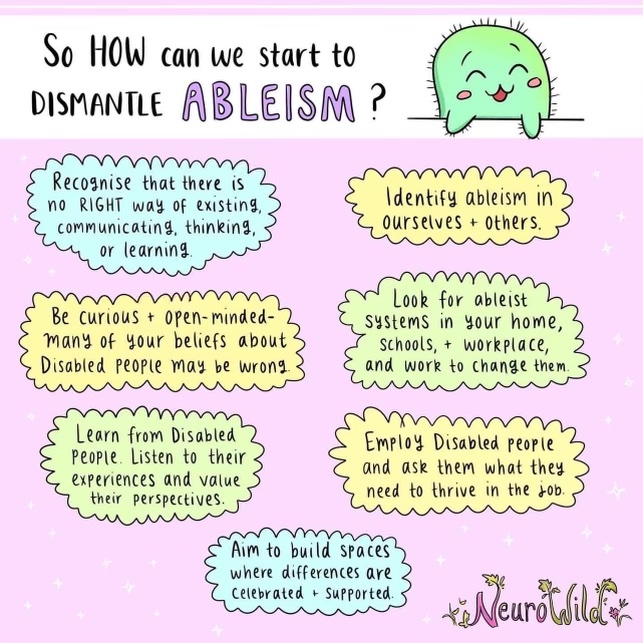Ableism
… And How to Be an Ally
These are links to help people with disabilities cut down on the emotional labour of self advocacy. This page can help you understand what ableism looks like and how to be an ally to the neurodivergent community.
The more we understand the easier it is to be authentically supportive. The more authentic our actions are, the less energy we expend on emotional labour to accomplish the same task.
The page is broken up into sections depending on the topic.
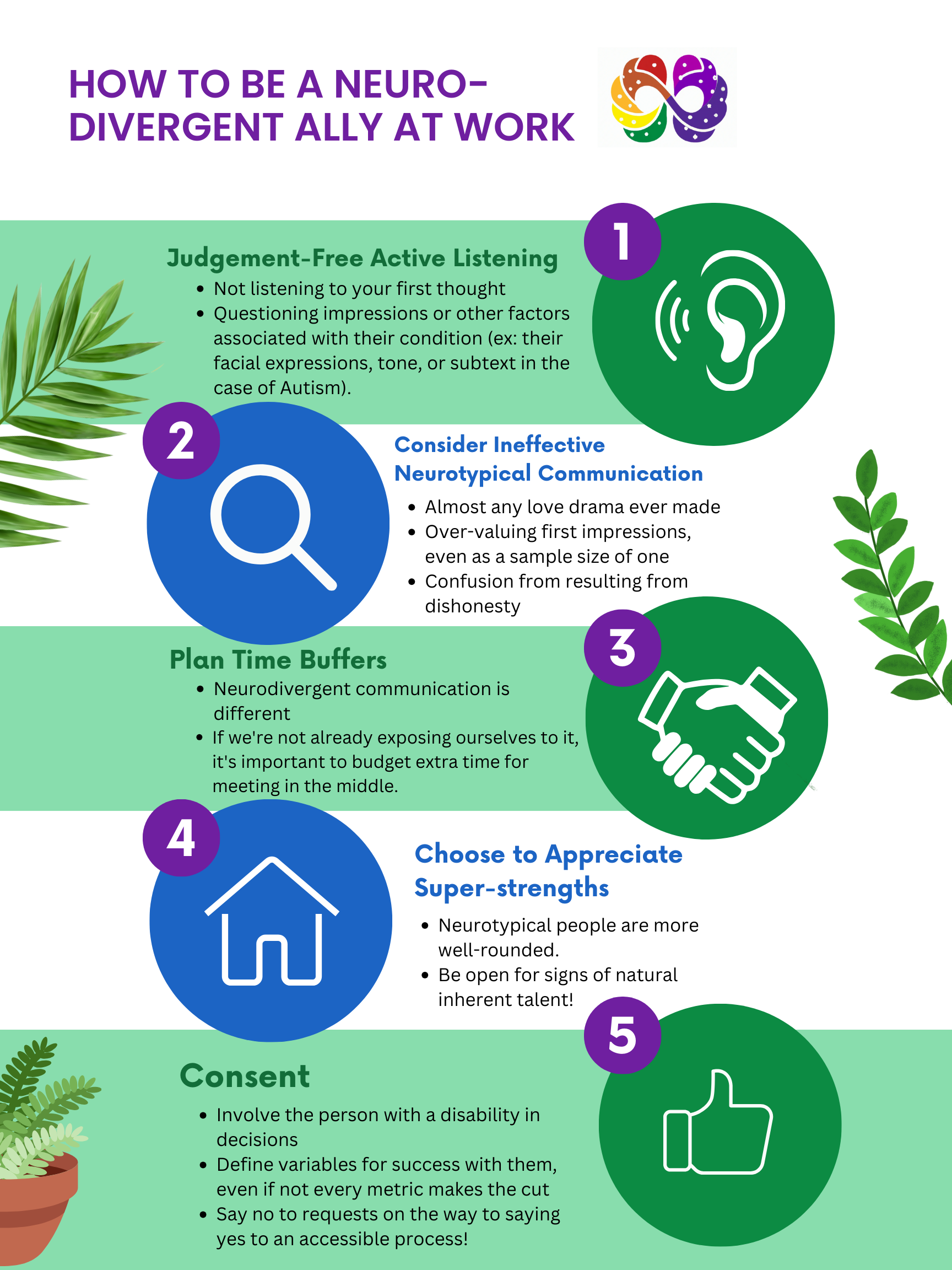
Why Improvising Inclusion Won’t Work
For starters, investing in being prepared to work with neurominorities means people without disabilities experience less growing pains when they do need to work together. If we leave things to the last minute, we can become frustrated and misattribute any misalignment to the marginalized person for being “difficult”.
This is why proper education, training, and investment in preparedness is paramount to effective and inclusive workplace interactions. It is also an investment in reducing risk exposure for businesses.

When a person with disabilities reaches their limit to tolerating ableism, we typically focus on taking action against their emotional response rather than our role in causing it. This is called strategic ignorance.
What Is Ableism?
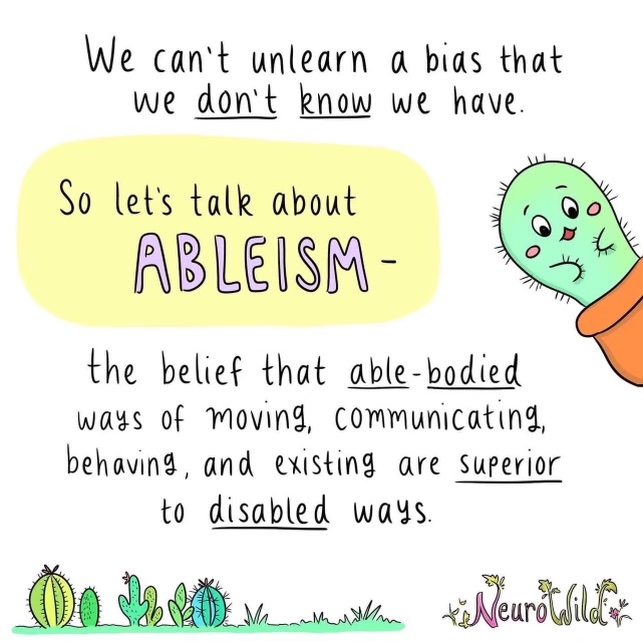
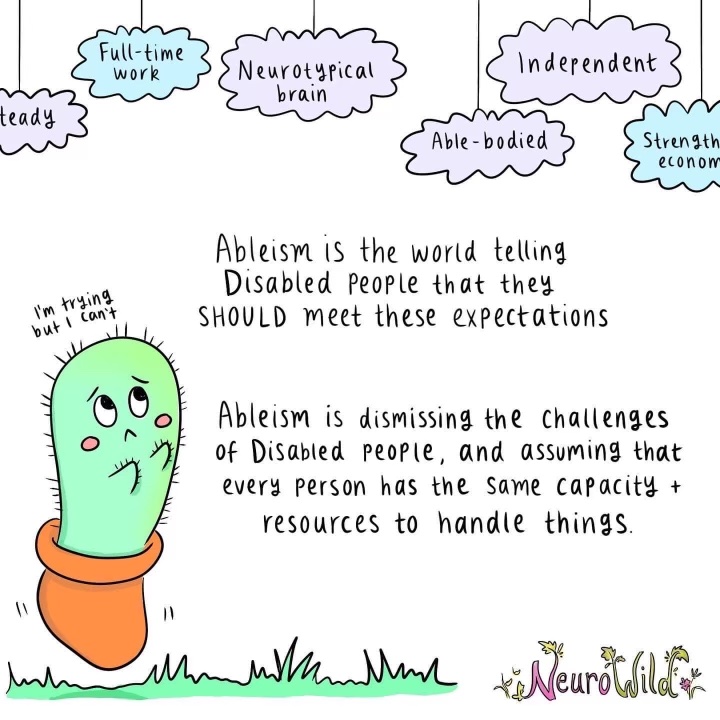
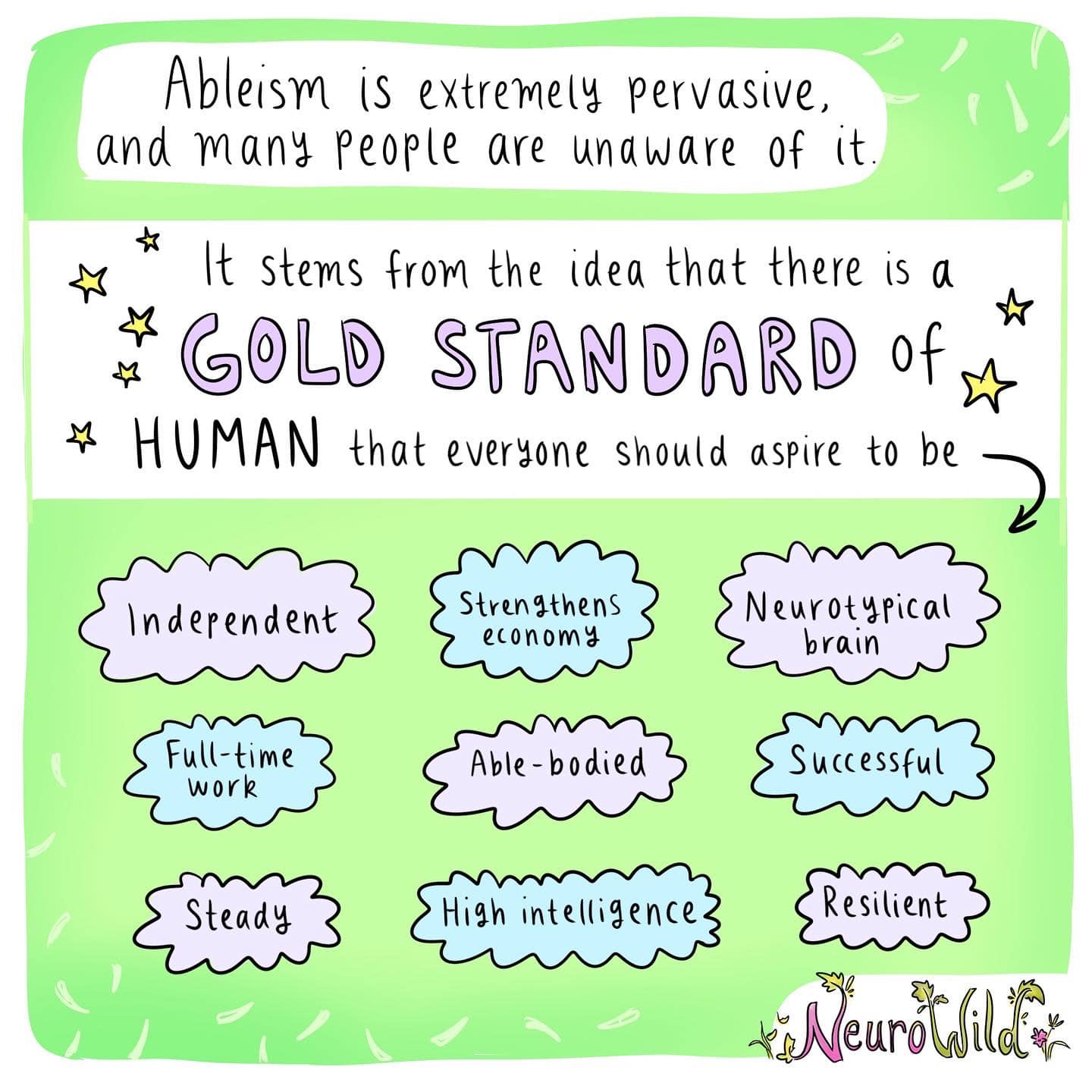
Common Ableist Microaggressions
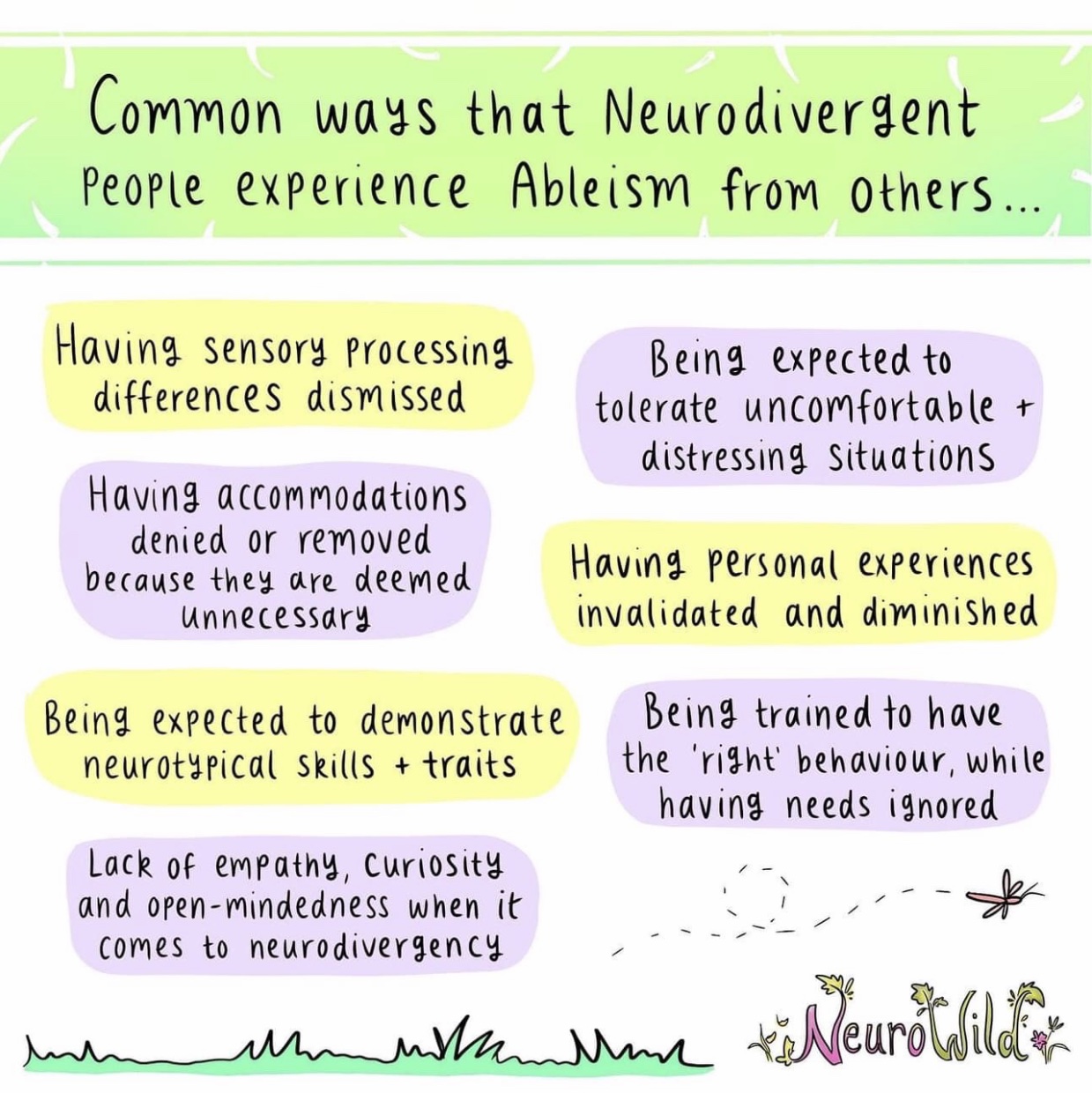
Also: Assuming someone with a disability can only contribute to roles related to accessibility, or segregating them to accessibility-related roles as a “culture fit.” Conversely, only encouraging someone to pursue roles aligned with stereotypes associated with their conditions (ex: only encouraging someone with OCD to pursue compliance/bureaucratic-related roles, or someone with Autism to pursue roles which are not client-facing).
- Segregating…
- Their ability to be a leader in other fields.
- Their influence to the few spaces only made for people with disabilities, rather than helping them make traditional structures universally accessible to all.
- Overriding their ability to consent and define their own path.
- Limiting their access to opportunities.
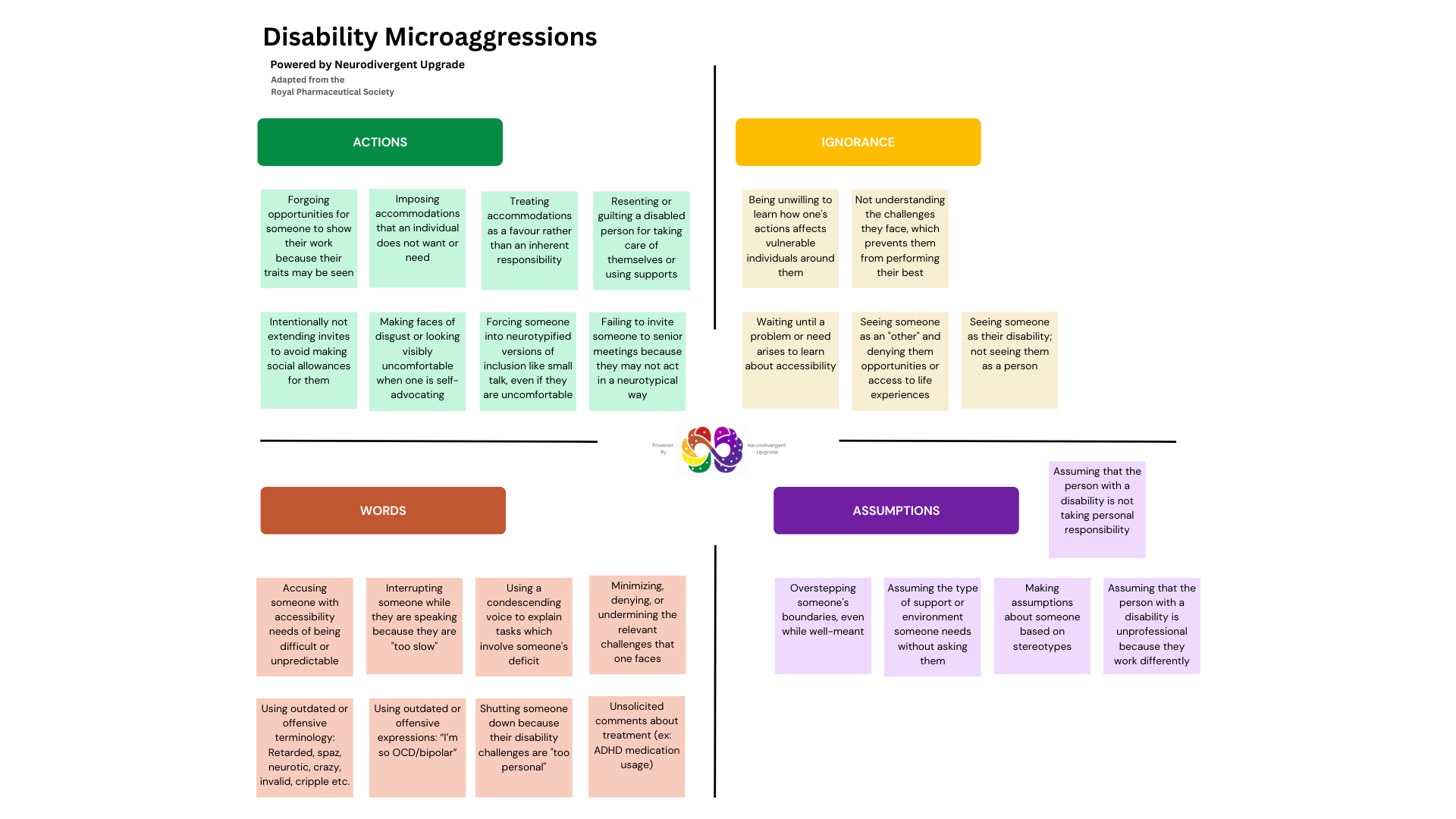
“It Was Just An Accident”
Compared to being a trained professional studying a certain form of neurodiversity, most of us have relatively little exposure to these conditions. A lot of the actions, assumptions, comments, and layers of ignorance that might seem like a small misstep on our part is often a recurring source of pain for a person with that condition that is repeatedly experienced across time due to lack of awareness.
For example, you might have encountered content implying that ADHD medication poses health risks or is unnecessary for individuals with ADHD. However, you might not be familiar with the extensive and problematic history linked to ADHD medication and the medical community. Given this history, it’s understandable if such comments are frequently repeated and are met with resistance.
Intersectionality
There’s also diversity within the intersection of identities. Information that appears reasonable within a male or White context of a particular condition may have a significantly troubling racial or gendered history. For instance, your colleague might not exhibit visible signs of being Autistic. However, promoting masking or using terms like “high functioning” disregards the problematic history linked to late diagnoses commonly experienced by women. Additionally, there are high mortality rates associated with the ability to conceal one’s Autism, regardless of gender. In some cases, these rates surpass those found in other high-risk populations, such as war refugees. An intersectional approach changes the tone of the conversation.
Timing
Frameworks that were once considered standard and respected a decade ago may now face discreditation and disapproval. For example, individuals with non-visible Autism were often labeled as having Asperger’s in the past. However, we now recognize that this term inappropriately pays tribute to Hans Asperger, given his support and active involvement in Nazi Germany and the atrocities committed against disabled individuals during that time. Moreover, Hans Asperger introduced misconceptions about Autism that persist today. The relevance of timing is crucial to whether something may be experienced as deeply hurtful.
Recommendations
Hence, making comments before actively listening can result in potentially problematic and deeply hurtful interactions. This is because each community holds its own history and distinctive viewpoint, which should be acknowledged.
At Neurodivergent Upgrade we advocate for active listening and, when individuals with disabilities feel ready to engage, having allies employ open-ended questions.
Ignorance of Traits
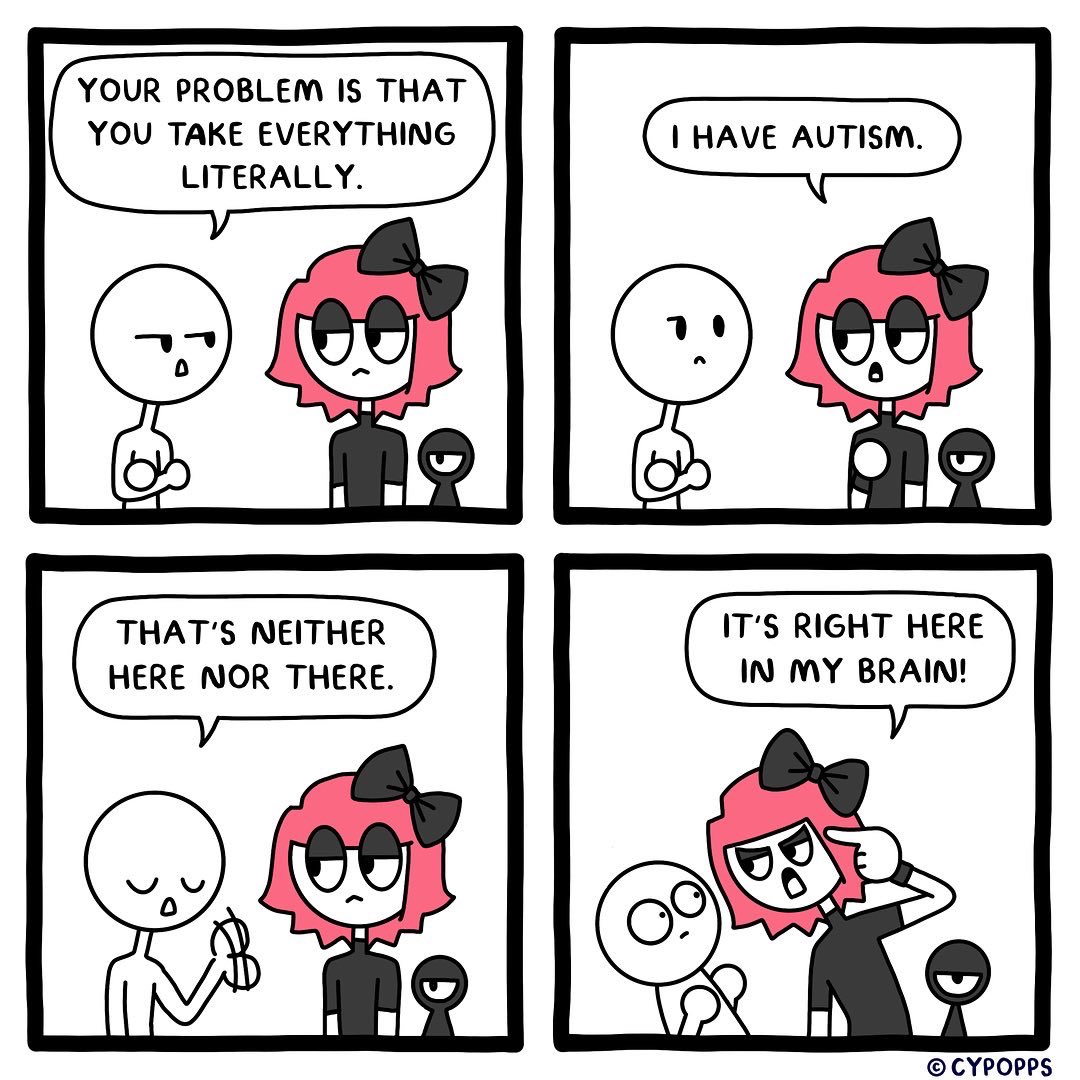
Ignorance of Coping Strategies
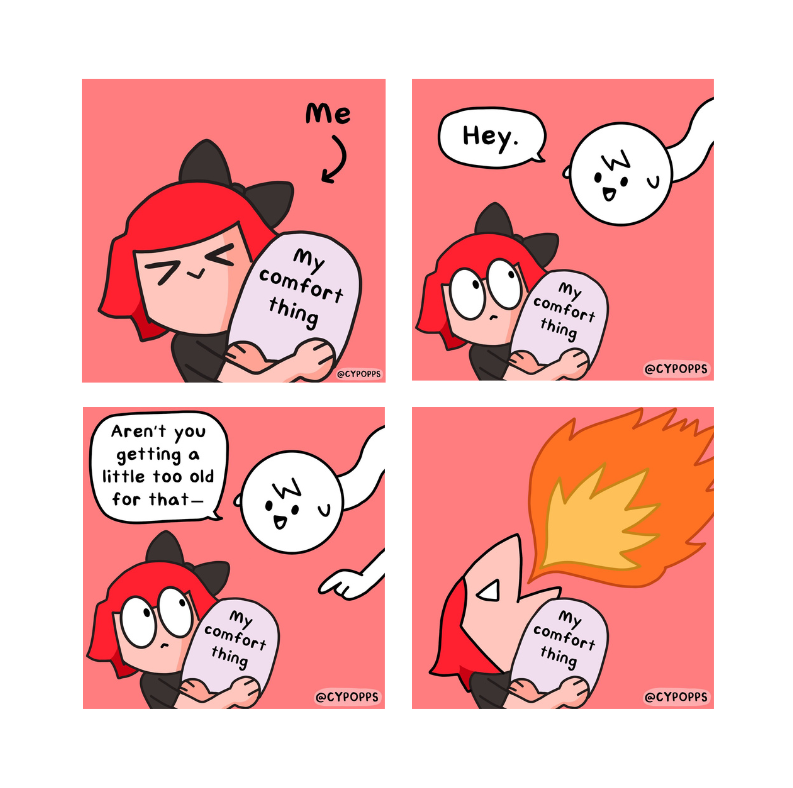
“Make Better Choices”
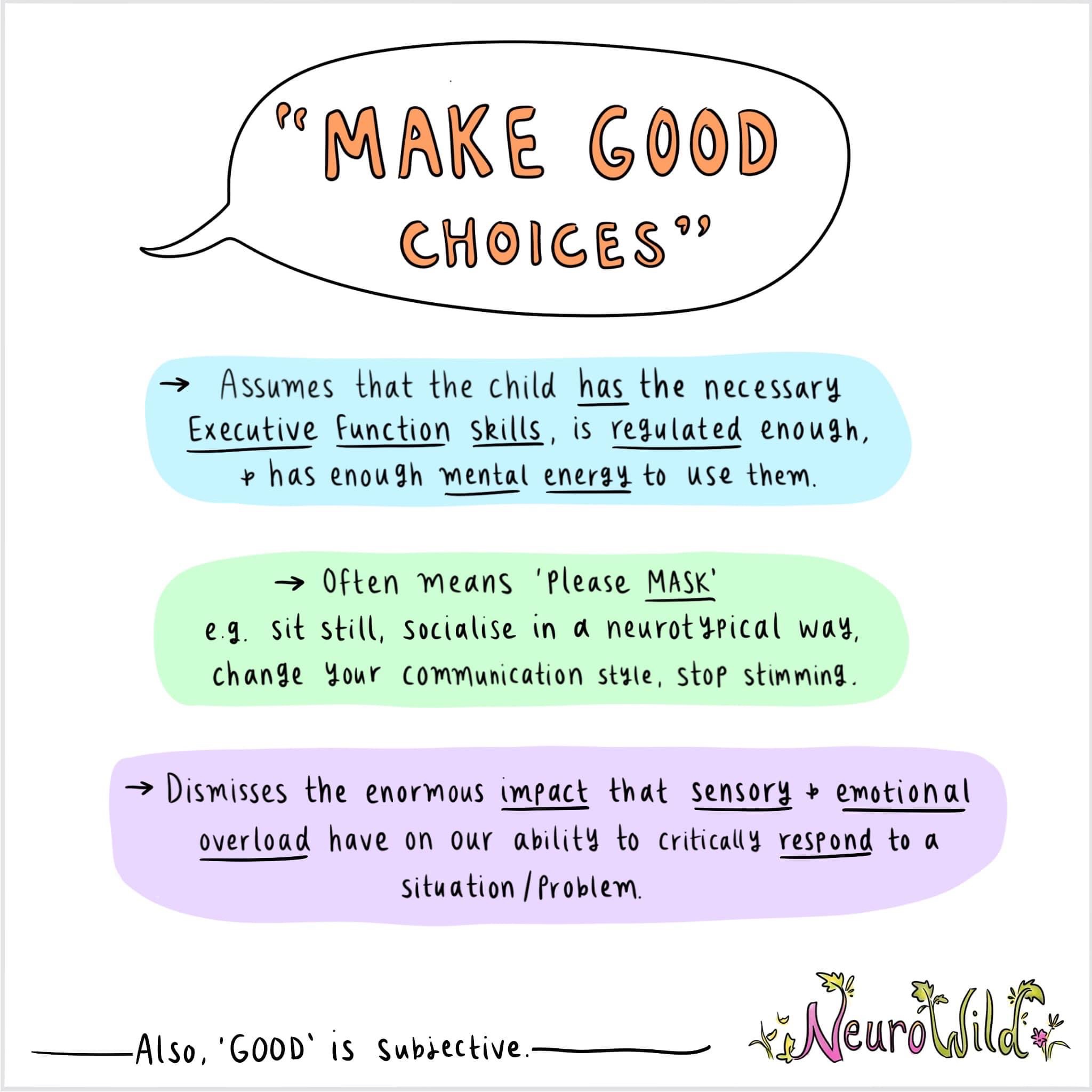
Internalized Ableism
Neurodivergent people can be ableist too, but investing in unlearning it makes it significantly easier to avoid.
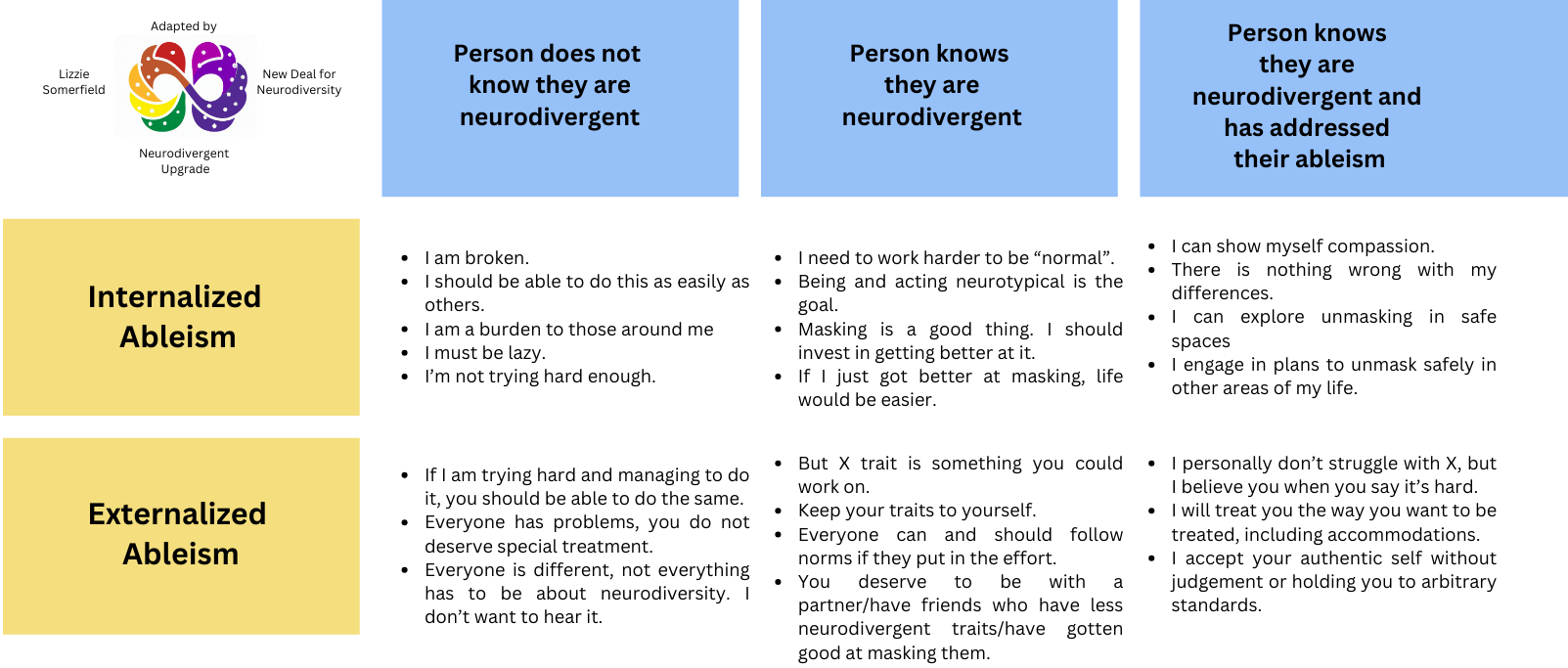
Overcome Ableism
